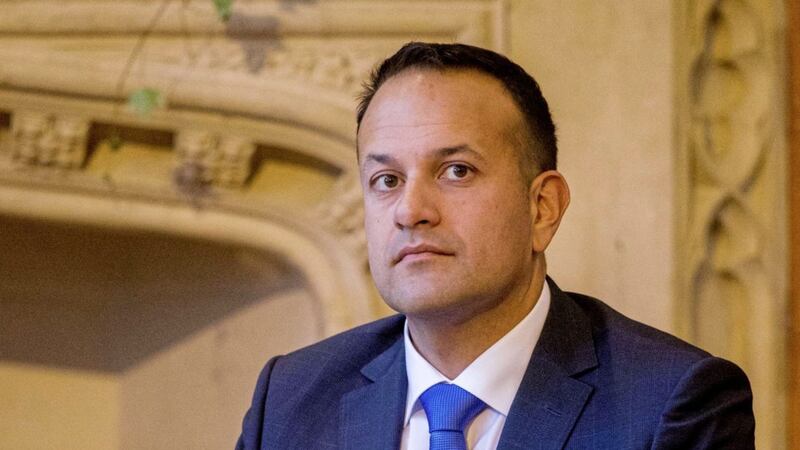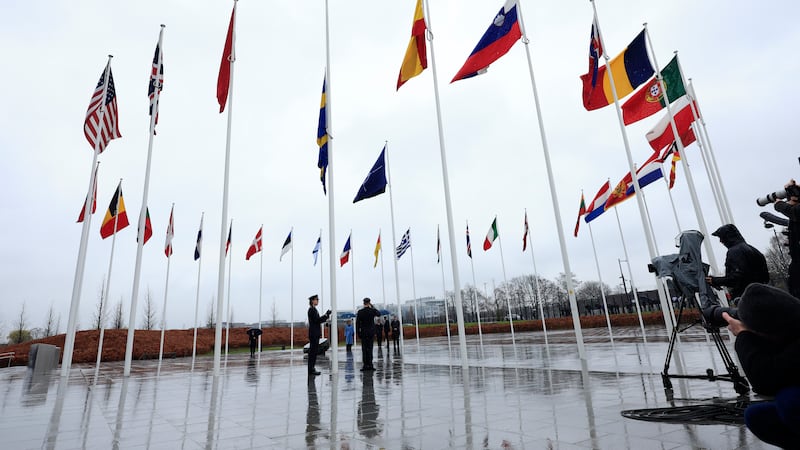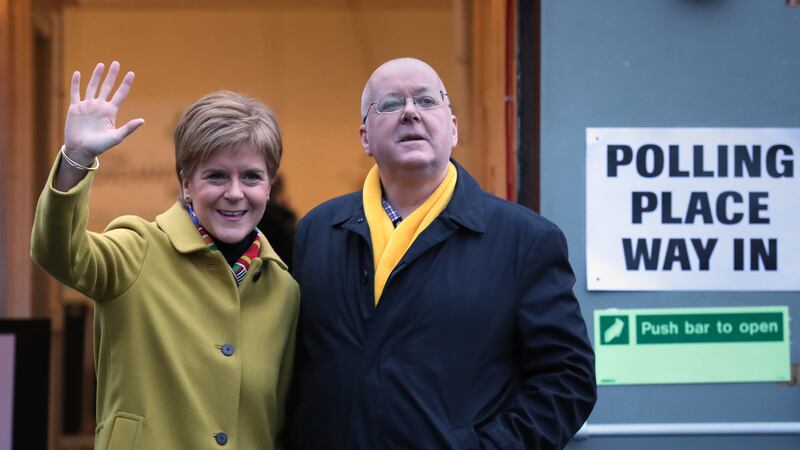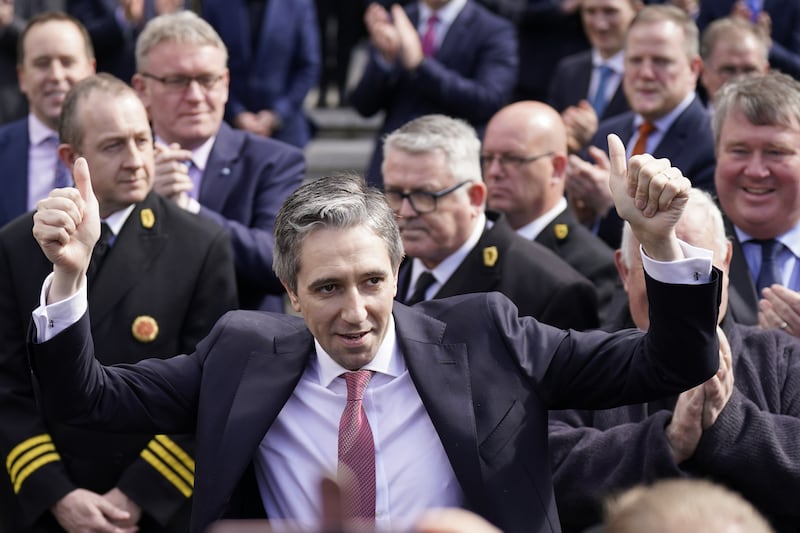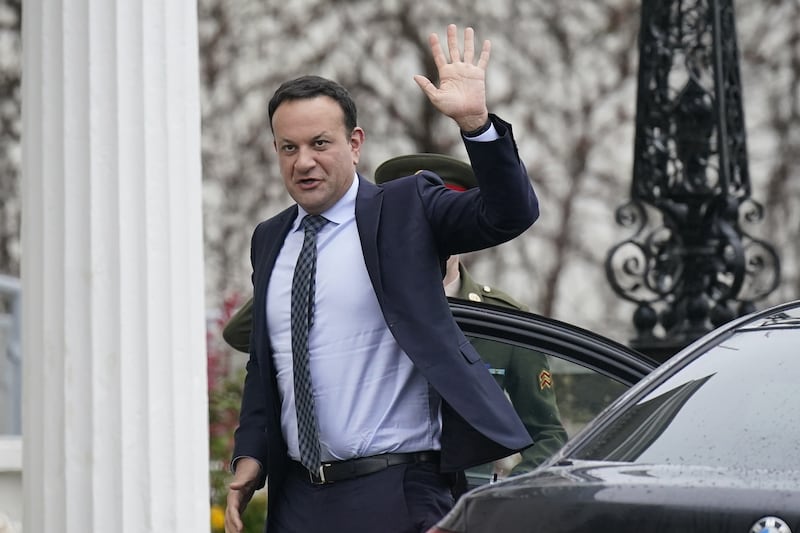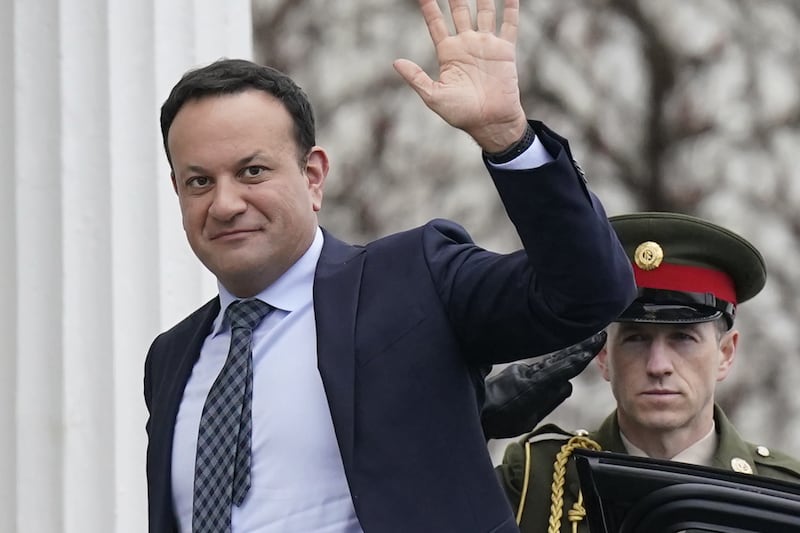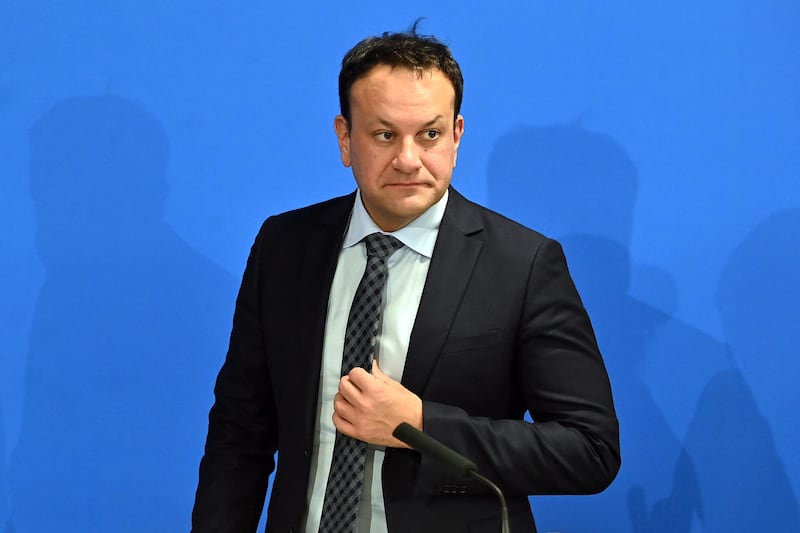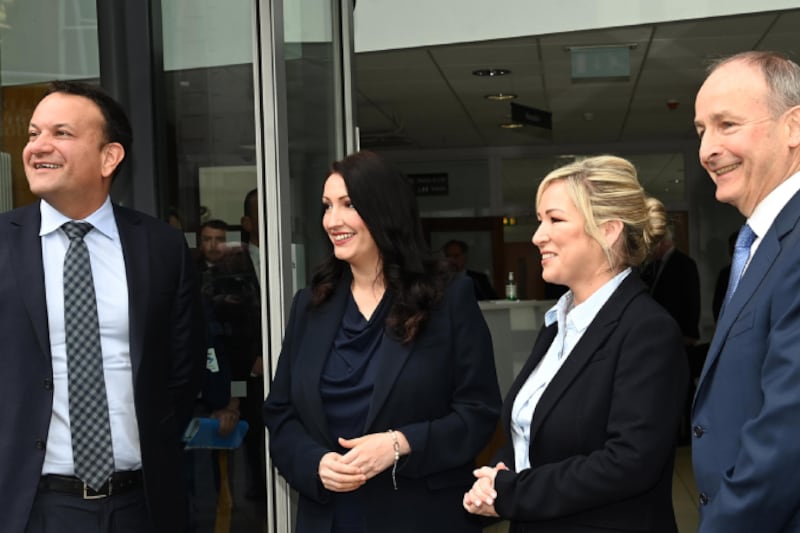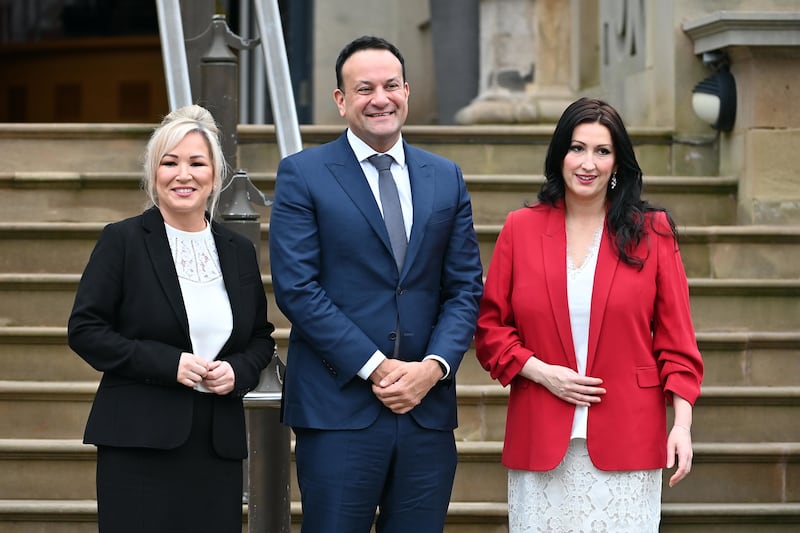LEO Varadkar has been criticised by nationalists after claiming a simple majority in a border poll would not be enough to secure a united Ireland.
The taoiseach said he was not in favour of changing the north's constitutional status on a "50 per cent plus one basis".
The remarks, made in an interview with the BBC, sparked outrage from Sinn Féin and the SDLP, who called on the Fine Gael leader to protect the Good Friday Agreement.
"I wouldn’t like us to get to the point whereby we are changing the constitutional position here in Northern Ireland on a 50 per cent plus one basis," Mr Varadkar told last night's Spotlight programme.
"One of the best things about the Good Friday Agreement is that it did get very strong cross-border support – that’s why there was a 70 per cent vote for it."
The taoiseach added that if a border poll were held it was unlikely to result in a 70 per cent endorsement for a united Ireland.
"Or anything remotely to that and I really think we should focus on making the agreement that we have work," he said.
Sinn Féin MLA Conor Murphy yesterday claimed an overwhelming majority of people in Ireland support reunification.
He said the Dublin government should defend the Good Friday Agreement in all its parts, including the right to secure a united Ireland with a simple majority.
"The Good Friday Agreement is absolutely clear in enshrining the right of the Irish people to self-determination through referenda, north and south – if a simple majority vote in favour of reunification, both governments are then obliged to legislate for it," the Sinn Féin negotiator said.
He also said there was an onus on the Republic's government to plan for unity and to "become a persuader for unity".
"As a co-guarantor of the Good Friday Agreement, the taoiseach should be seeking to defend the agreement in all its parts, not seeking to undermine it."
SDLP leader Colum Eastwood said the Good Friday Agreement also gave prominence to the principle of consent and affirmed the right to bring about a united Ireland by referenda.
"The legitimacy of that aspiration and the right for the people of Ireland to exercise our right to self-determination on the basis of consent must be respected and protected," the Foyle MLA said.
"It would be unwise to attempt to renegotiate the principle of consent at the heart of the Good Friday Agreement."
Mr Eastwood said the Irish people had mandated the principle of consent in 1998 but also cautioned that it was "equally unwise to reduce a reunified Ireland to simply a numbers game".
"The real challenge is to shape what a new and agreed Ireland will look like and how we can deliver that for the good of all our citizens," he said.
"That is the challenge that all of us, north and south who believe in a new Ireland, must rise to."
